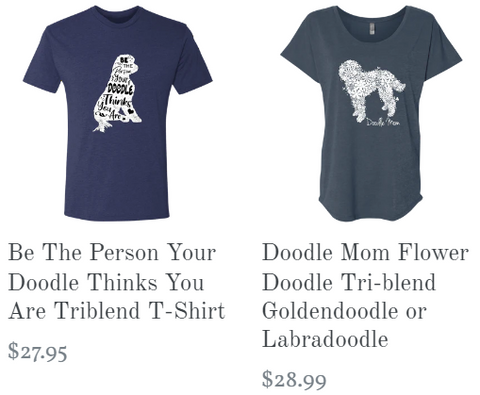Doodle dogs, encompassing breeds like Labradoodles, Goldendoodles, and other Poodle mixes, have skyrocketed in popularity over the past decade. These charming and intelligent hybrids are loved for their friendly dispositions and hypoallergenic coats. However, alongside their many appealing traits, Doodle dogs are also prone to certain health issues, with one of the most significant being canine hip dysplasia.
What is Canine Hip Dysplasia?
Canine hip dysplasia (CHD) is a genetic disorder characterized by the abnormal formation of the hip socket. In a healthy dog, the hip joint operates smoothly, with the ball (femoral head) fitting snugly into the socket (acetabulum). In dogs with hip dysplasia, the joint is loose and unstable, leading to a range of problems that can cause discomfort and pain over time.
Why Are Doodle Dogs Prone to Hip Dysplasia?
Several factors contribute to the prevalence of hip dysplasia in Doodle dogs:
- Genetic Predisposition: Both Poodles and the breeds they are often mixed with (such as Labrador Retrievers and Golden Retrievers) have genetic predispositions to hip dysplasia. When these breeds are crossed, the risk is compounded.
- Breeding Practices: The popularity of Doodle dogs has led to a surge in breeding, sometimes without thorough health screenings. Irresponsible breeding practices can perpetuate genetic issues like hip dysplasia.
- Rapid Growth: Doodle dogs often grow quickly, which can put additional stress on their developing joints. Rapid growth phases, especially in larger Doodles, can exacerbate the risk of hip dysplasia.
Symptoms of Hip Dysplasia in Doodle Dogs
Early detection of hip dysplasia is crucial for managing the condition and maintaining a good quality of life for your dog. Common signs include:
- Decreased Activity: Dogs with hip dysplasia may be less active and reluctant to engage in physical activities.
- Difficulty Rising or Climbing: You might notice your dog struggling to get up, climb stairs, or jump onto furniture.
- Lameness or Limping: An affected dog may exhibit a noticeable limp or favor one leg.
- Swaying Gait: A wobbly or swaying walk is often indicative of hip problems.
- Pain or Sensitivity: Dogs with hip dysplasia may show signs of discomfort when their hips are touched or manipulated.
Diagnosis and Treatment
If you suspect your Doodle dog has hip dysplasia, a visit to the veterinarian is essential. Diagnosis typically involves:
- Physical Examination: Your vet will assess your dog’s gait, range of motion, and pain response.
- X-rays: Radiographic imaging is the most definitive way to diagnose hip dysplasia and determine its severity.
Treatment options vary depending on the severity of the condition:
- Weight Management: Keeping your dog at a healthy weight reduces stress on the hips.
- Exercise Modification: Controlled exercise, like swimming or gentle walks, helps maintain muscle mass without overstraining the joints.
- Medications: Anti-inflammatory drugs and pain relievers can help manage discomfort.
- Physical Therapy: Specialized exercises and therapies can improve joint function and reduce pain.
- Surgery: In severe cases, surgical options such as total hip replacement or femoral head ostectomy (FHO) might be necessary.
Preventive Measures
While genetic factors can’t be completely avoided, there are steps you can take to reduce the risk of hip dysplasia in your Doodle dog:
- Choose Reputable Breeders: Ensure your puppy comes from a breeder who tests breeding dogs for hip dysplasia and other genetic conditions.
- Provide Proper Nutrition: Feed your dog a balanced diet to support healthy growth and maintain an appropriate weight.
- Exercise Wisely: Avoid high-impact activities in young puppies and provide appropriate, low-impact exercise as they grow.
- Regular Vet Check-ups: Routine veterinary care can catch early signs of hip dysplasia, allowing for prompt intervention.
While canine hip dysplasia is a common and concerning issue for Doodle dogs, proactive management and preventive measures can help ensure that your furry friend leads a healthy, happy life. By staying informed and vigilant, you can address this health challenge head-on, providing the best care for your beloved Doodle companion.




